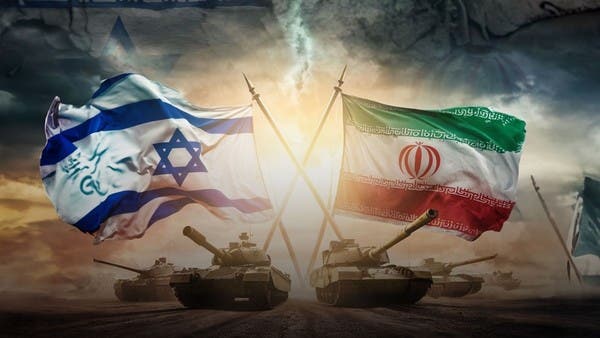
Two Nations, One History—Endless Headlines
Tensions between Pakistan and India have sharply escalated following a deadly attack in Pahalgam, Indian-administered Kashmir, where gunmen killed at least 26 tourists and injured 17. The assault, the deadliest on civilians in the region since 2000, was claimed by a previously unknown group called “The Resistance Front.” Indian authorities have linked the attack to Pakistan-based militants, while Pakistan has denied any involvement and condemned the violence.
Diplomatic and Economic Fallout
In response to the attack, India has taken a series of unprecedented measures:
- Suspended the 1960 Indus Waters Treaty, a crucial water-sharing agreement that has survived decades of conflict.
- Closed the Wagah-Attari border, halting all cross-border movement.
- Revoked all SAARC Visa Exemption Scheme visas for Pakistanis and ordered Pakistani nationals to leave within 48 hours.
- Reduced the number of diplomats at both missions to 30 by May 1, down from 55.
- Blocked the official X (formerly Twitter) account of the Pakistani government in India.
- Expelled several Pakistani diplomats and canceled visa services for Pakistani nationals.
Pakistan swiftly retaliated with its own set of countermeasures:
- Suspended all trade and bilateral agreements with India.
- Closed its airspace to Indian-owned or operated airlines.
- Halted all visas for Indian citizens under the exemption programs.
- Expelled Indian defense, naval, and air advisers and reduced Indian diplomatic staff in Islamabad.
- Threatened to withdraw from all bilateral agreements, including the 1972 Simla Agreement.
Water Dispute Emerges as Flashpoint
India’s suspension of the Indus Waters Treaty is particularly alarming for Pakistan, which relies heavily on the Indus River system for agriculture and hydropower. Pakistan has called India’s move an “act of war,” warning that any attempt to divert or halt water flows would provoke a strong response. The treaty, brokered by the World Bank, has been a rare point of cooperation between the two countries since 1960.

Military and Political Reactions
Indian Prime Minister Narendra Modi has convened a multi-party meeting to discuss the government’s response, promising to “identify and punish” the perpetrators and their supporters. India’s defense minister has hinted at a possible military response. Meanwhile, Pakistan’s National Security Committee, chaired by Prime Minister Shehbaz Sharif and attended by top civilian and military leaders, has vowed to respond “with full force” to any Indian military action.
Both sides have heightened military readiness, with Pakistan issuing a notification for a missile test along its coastline and India reportedly considering further measures.
Regional and Civilian Impact
The fallout has led to the detention of around 1,500 people in Kashmir, the closure of schools and businesses, and a region-wide shutdown. The attack’s victims included tourists from various Indian states, an Indian naval officer, and a local guide. The situation remains tense, with both countries warning of further escalation if provoked.
Outlook
India and Pakistan, both nuclear-armed, have fought four wars and have a long history of mistrust, especially over Kashmir. The current standoff, marked by tit-for-tat diplomatic, economic, and logistical measures, has brought relations to one of their lowest points in years. The suspension of the Indus Waters Treaty and the closure of borders and airspace signal a deepening crisis with potential regional and humanitarian consequences. Both nations remain on high alert, and any further incident could risk triggering a broader confrontation.
Discover more from News-Nexuses
Subscribe to get the latest posts sent to your email.





